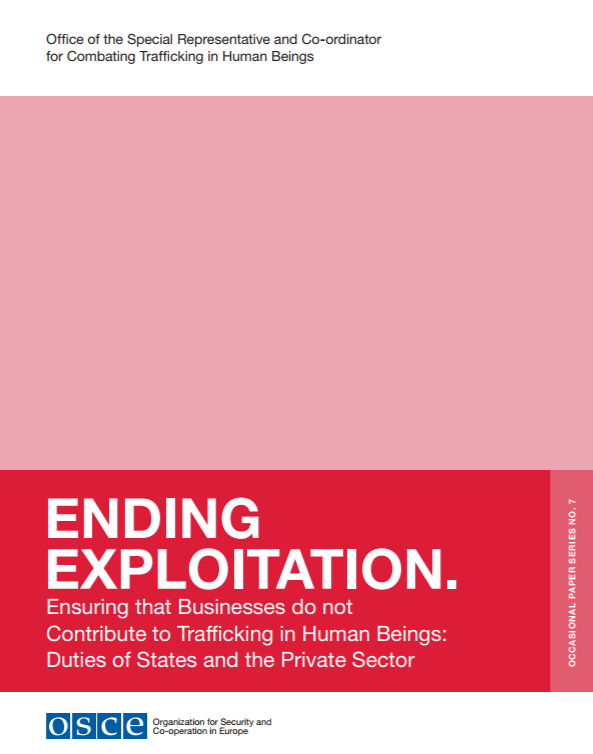Implementation of a Universal School-Based Child Sexual Abuse Prevention Program: A Longitudinal Cohort Study
Standards & Codes of ConductChild sexual abuse (CSA) is a public health problem of considerable magnitude. The prevailing primary prevention strategies are universal, school-based CSA prevention programs, some of which have been designated as evidence-based, such as Safe Touc...Read More

